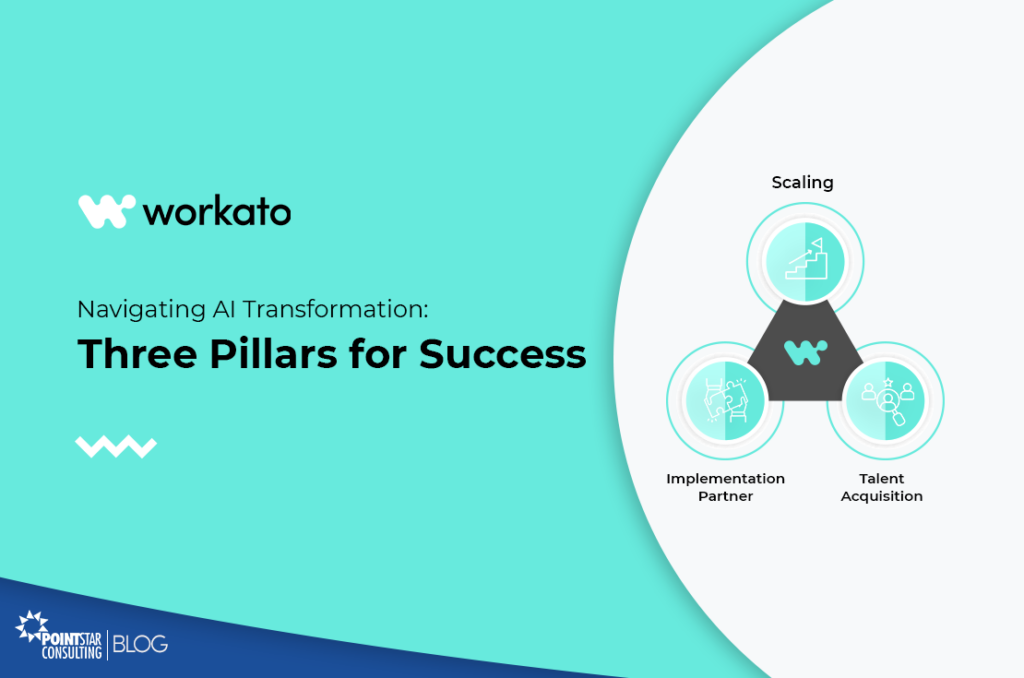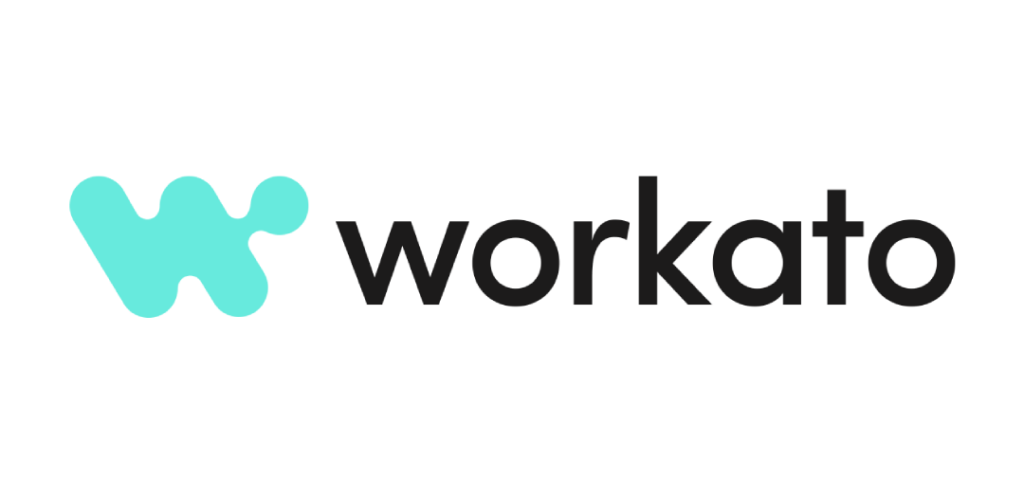Investments by enterprises worldwide in digital transformation initiatives are expected to amount to US$3.4 trillion by 2026. While these efforts encompass the implementation of various cloud technology solutions, artificial intelligence (AI) has gained the lion’s share of attention in recent months. This has primarily been driven by the arrival to the scene of chatbots powered by generative AI.
It is easy for companies to drown in the loud chatter that such groundbreaking progress can unleash. Corporate behemoths are often the earliest to initiate automation, with 89% reporting that they have digital and AI transformation in progress. However, only 31% have realised revenue lift from initiating automation, while only 25% have reaped cost savings from their efforts.
To extract maximum value from their automation drives, businesses need to focus on identifying what they truly need to automate, followed by why and how they will execute it. In this article, we examine how organisations can get their automation initiatives right and reap the full benefits.
Scaling: Every Company is a Tech Company
The modern business landscape demands a shift in perspective – every department within a company is, essentially, a tech department. This necessitates a change in mindset and embracing the innovative possibilities of operating as a “tech-first” company.
In the book Rewired: The McKinsey Guide to Outcompeting in the Age of Digital and AI, the authors advocate for a model called “distributed digital innovation”. The gist of the idea is to create pockets of innovation hubs throughout the organisation without having to rely on IT to handle everything. Scaling involves a decentralised approach, where automation is embraced company-wide.
“You might start with a handful of teams developing technology solutions. Their apps or models will show some value, but the rest of the company won’t be transformed. When you reach a rewired state, those few teams multiply a 100-fold and work in various parts of the organisation—sales, supply chain, manufacturing, R&D. They serve the leaders of those different areas, developing technology to solve their problems. At that point, no one calls IT to develop a solution because each area has that capability. IT evolves into a distributed function with distributed technology capabilities,” says Eric Lamarre, one of the book’s co-authors, in an interview with McKinsey.
Implementation Partner: View Them as Collaborators in Your AI Journey
A key driver of excellence in a successful AI transformation initiative is the implementation partner you choose. Partners with stellar records do not just understand your pain points and prescribe the correct remedies but also identify room for innovation.
A partner with experience and a diverse range of solutions can provide invaluable insights and customisations tailored to the company’s unique needs. Opting for a partner who can navigate the complexities of AI technology and adapt solutions to specific business challenges is crucial.
The right partner should be more than a vendor – they should be a collaborator in your journey towards AI transformation, offering a strategic and customised approach to maximise the impact of AI initiatives.
Key factors in choosing the right partner include consultancies with substantial experience in the verticals you operate in, a presence in your region or country, and stellar post-sales support.
Talent Acquisition: Bridging the Gap Between Tech and Business
Having the right people that align with your company’s goal is an age-old virtue. However, in the present digital age talent market, there is an equal responsibility on your part as an organisation to show your “tech-first” vision in action.
A thriving working environment fuelled by the latest cutting-edge technology can play an instrumental role in your sales pitch to potential staff. Potential talents you are hiring want you to put your money where your mouth is and show your commitment to pursue growth by leveraging technology at the apex of your industry.
The onus is also on businesses to bring talent that comprehends the business intricacies and envisions how technology can solve real-world problems. The marriage of tech expertise with a deep understanding of business processes ensures that AI solutions are not only implemented but also aligned with the company’s overarching goals. Organisations must invest in acquiring and nurturing such multifaceted talent to drive successful AI transformations.
Elevating Your AI Transformation Journey
Amidst the sea of software as a service solutions providers (SaaS), it is important for businesses to work with consultancies to choose the right platform for their automation initiatives. As we have outlined above, the platform you choose should not be overly technical and be easy to use for staff.
In this space, Workato stands out as the leading integration platform as a service (iPaaS) provider, which facilitates the integration of your stack and automation of your workflows. What enshrines Workato’s position at the top is that it operates on the low-code / no-code (LCNC) model, which means anyone and everyone in an organisation can initiate automation without needing technical expertise.
With connectors for over 1200 applications, your teams can easily initiate automation, unlock insights, and innovate in scale. Workato is renowned for its stellar customer service, reflected in its partnership with PointStar Consulting, a consultancy with a dedicated customer success division.
In a Nutshell
As enterprises navigate the intricate landscape of AI transformation, focusing on scaling, talent acquisition, and choosing the right partner emerges as a strategic triad.
Success in AI transformation is not merely about adopting the latest technologies but hinges on a comprehensive and collaborative approach that spans the entire organisation. By recognising every department’s role as a tech contributor, investing in multifaceted talent, and forging strategic partnerships with consultancies like PointStar Consulting, companies can bridge the gap between AI aspirations and tangible outcomes, ensuring a seamless and impactful digital transformation journey.



